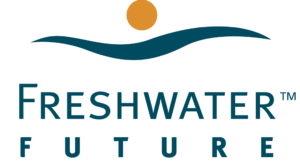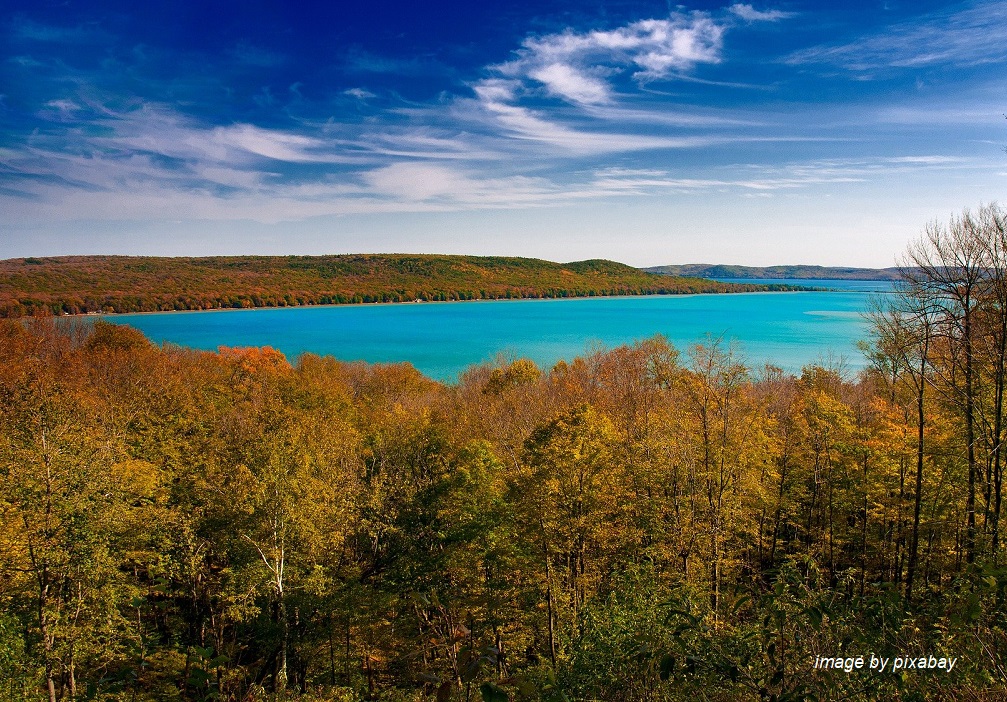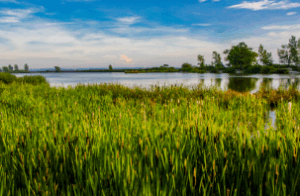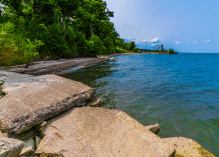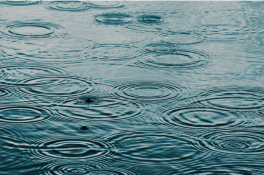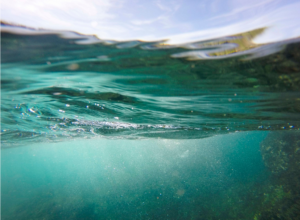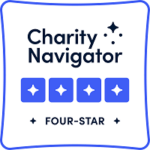Deadline TODAY: Your Voice is Needed to Improve Indiana, New York, and Michigan Water System Funding!
America’s water infrastructure is aging and failing. Many communities are facing massive payments to keep their drinking water systems safe and water bills affordable – Drinking Water State Revolving Funds are the primary source for funding local water systems and infrastructure projects. Yet if changes aren’t made to the Indiana, New York, and Michigan programs, this money may not reach the communities that need it the most. You can help by taking action through Freshwater Future today. Right now, Indiana, New York, and Michigan have their annual plans open for public comment until September 29th – Submit comments for Indiana, New York, and Michigan today! Stay tuned for more actions as your Great Lakes state’s drinking water fund program goes up for public comment.
Limited Spots Left: Register to Join Us in Benton Harbor for the All About Water Convening on October 4th, 2023!
This exciting day is right around the corner, and you can still register for the Fall 2023 All About Water Convening in Benton Harbor! There are a limited number of spots left, and we want to make sure you can join us for our first in-person event since the pandemic. The convening will have interactive breakout sessions to explore specific threats to water, networking opportunities with fellow attendees and experts, and insights into advocacy and governance for sustainable water solutions. We will have food, music, and many friends at this free event – Register here today and view the agenda. We can’t wait to see you there!
Last chance! Help us meet our Walk, Paddle, and Roll Goal for Freshwater!
Throughout September, Freshwater Future staff and board are hiking the Adirondacks, biking, and even giving up the use of a car to help raise funds for our work to ensure that everyone has access to clean and affordable water. We’re thrilled to share that we’ve raised $7,462 so far, putting us on the brink of reaching our $8,000 goal! Your generous contribution is crucial, and we extend our heartfelt thanks to those who have already donated. If you haven’t had the chance yet, we invite you to please contribute to our efforts in protecting our Great Lakes waters and people today!
Freshwater Voices Newsletter – Latest Issue Now Available Online
Our latest edition of the Freshwater Voices Newsletter is ready for you to dive into. Click HERE to access the online PDF version, featuring insights on water affordability, infrastructure funding, mining, and other important issues around the Great Lakes Region. If you would like a print version mailed to you, just send a request to leslie@freshwaterfuture.org.
Silver Carp DNA Found in Michigan River Highlights Need for Action
An eDNA sample from the St. Joseph River in Michigan has shown evidence of silver carp, an invasive fish that continues to pose a significant threat to the Great Lakes. While the presence of genetic material doesn’t necessarily indicate live fish, these results highlight the vulnerability of the Great Lakes ecosystem and the fishing industry to a carp invasion. Earlier this year, Freshwater Future reported that Illinois and Michigan contributed enough funding towards the Brandon Road Interbasin Project to prevent carp entry into the Great Lakes so that construction can commence in 2024. However, it isn’t just the Brandon Road site that is concerning – the U.S. Army Corps of Engineers has identified 18 locations where invasive carp could potentially cross into the Great Lakes. Freshwater Future and our supporters and partners have been advocating for effective solutions and keeping politicians accountable on this issue for over a decade. Michigan and Illinois cannot safeguard our Great Lakes alone; Take Action and call on all of the Great Lakes states to address this serious threat to our ecosystem before it is too late!
Understanding Harmful Algal Blooms: Where We Are Now
The Ohio Sea Grant and Stone Laboratory, in collaboration with NOAA and the Ohio State University, hosted a one-day conference in early September to highlight the current scientific knowledge about harmful algal blooms, their causes, and best management practices (BMPs) to prevent them. Read about our insights and takeaways from the day’s events here.
